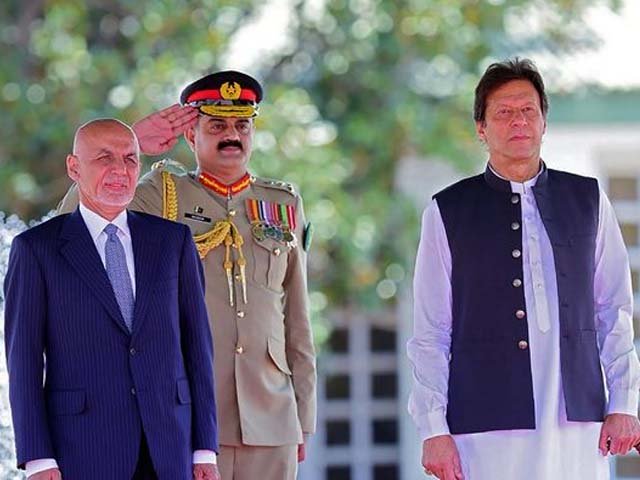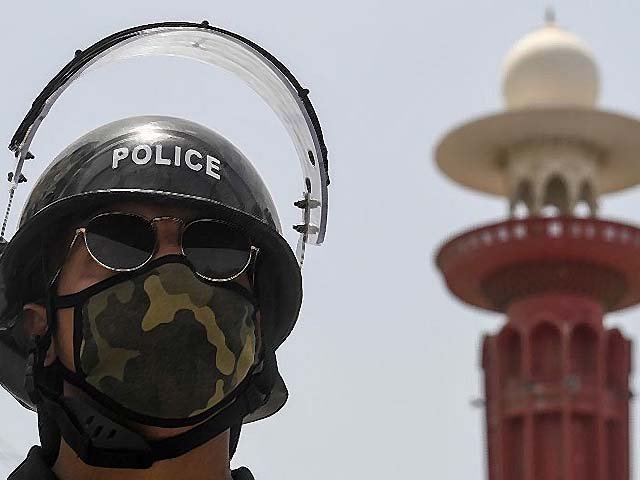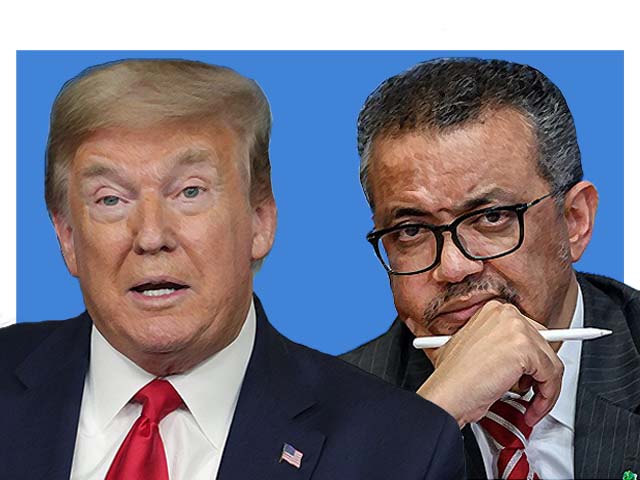
Is Obama's visit to Israel going to change history?
Obama is the first American leader to have called for a sovereign Palestine- was this just a mere comment?
“Speaking as a politician, I can promise you this; political leaders will not take risks if the people do not demand that they do. You must create the change that you want to see.”
This was one of the highlights of Obama’s speech, who was addressing Israeli students and youth in Jerusalem, during his three day trip to the holy-land, his first as a US president, where he tried to reach out to the people of the region, rather than giving the spotlight to political leadership.
Although most parts of his speech came as expected, it also had chunks of surprises for the Israelis and the world media.
The visit, the statements, and finally the speech narrated the lessons Obama learnt from his mistakes during his 2009 speech in Cairo - where his praise for Muslims did not go well with his critics in the US and Israel.
Although praising the Israeli legacy and affirming the country’s importance in the global community, President Obama shockingly uttered the words that no American president had said before, he said,
“The need for justice for the Palestinians.”
A point worth taking from this statement was the US president’s reiteration of the need for Palestinian justice, meaning the stamping of the concept of the two-state theory, which Israel, on the other hand, is ignoring for years by expanding the Jewish settlements in Palestinian areas.
Such blunt remarks showed Obama’s political maturity.
He manoeuvred his speech well by initially lavishing praise on Israel and afterwards calling for a just solution to the Palestine issue. This, more diplomatic, strategy seemed to work well as his criticisms for Israeli settlements and actions were easily digested.
Another pivot to Obama’s speech was highlighting the security concerns of Israel and their usage as a primary factor for actions against the Palestinian authority. Such an approach, according to Obama, is not fruitful in order to reach a peaceful settlement among both the parties.
Using the term “fortress Israel” and how the country portrays itself as a stronghold under security threats from Palestine, Obama made clear that such a setup for the country would hardly be beneficial.
When it came to Iran, the president held a more rhetorical line of argument.
Most of his comments on Iran were tried and tested jargons of “Nuclear Iran is a threat to Israel and the world”, and “A nuclear Iran leads to terrorism in the region”.
Although he emphasised the possibility of having all the options on the table, there was a lack of focus on a diplomatic end to the deadlock between Israel, Iran and the US.
Obama’s trip as well as his speech marked a beginning of an era of public diplomacy. Even though, long before his trip, he played down its importance stating that the world should not expect much out of his visit, yet during his speech, his address to the youth indicated that he wanted to reach out to the people for a solution.
During his first term, he failed to initiate a peace process between both the parties and that is why he called upon the people to pressurise their leaders for peace.
After Israel, Obama’s next obvious destination was Palestine.
On his visit, he met with President Mahmud Abbas and also Prime Minister Salam Fayyad.
Even though both the Palestinian leaders have their explicit differences, Obama’s meeting with both conveyed a message of seriousness- the US administration is starting to solve the West Bank crisis under Obama.
By making such decisive statements and ignoring the reality of the Palestinian situation on ground means that peace reaching this holy land is still far from reality.
Moreover, until and unless there is no clear stance on Iran, the world will keep guessing whether the United States is serious on resolving the Iranian nuclear issue through a diplomatic channel or not. For that purpose, the United States has to decide whether it has to purse the Iranian issue solely for Israel or for the international community, especially the Middle East.
Palestine and its supporters could take heart from the fact that, this was the first time an American leader stressed upon the need for a solution on lines of a two-state system. Without making huge strides during the visit, Obama’s statements gave a glimmet of hope to Palestinians by taking a stand on establishment of a Sovereign Palestine. He made it clear to the Israelis that Israel’s international and democratic image could only be ensured through a sovereign Palestine’s establishment.
But even if he did so, was it a serious statement or just a comment by a presidential tourist on a ceremonial visit?
Read more by Farooq here or follow him on Twitter @faruqyusaf




COMMENTS (11)
Comments are moderated and generally will be posted if they are on-topic and not abusive.
For more information, please see our Comments FAQ